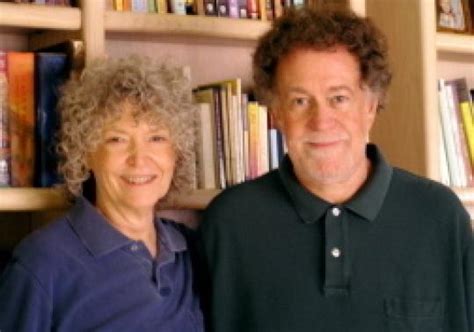A Quote by Stanislaw Lem
You believe by doubting and you doubt by believing; yet this state too is not the final one.
Related Quotes
Do you call it doubting to write down on a piece of paper that you doubt? If so, doubt has nothing to do with any serious business. But do not make believe; if pedantry has not eaten all the reality out of you, recognize, as you must, that there is much that you do not doubt, in the least. Now that which you do not at all doubt, you must and do regard as infallible, absolute truth.
In dealing with the arrogant asserter of doubt, it is not the right method to tell him to stop doubting. It is rather the right method to tell him to go on doubting, to doubt a little more, to doubt every day newer and wilder things in the universe, until at last, by some strange enlightenment, he may begin to doubt himself.
The starting-point and chief principle of every science, and hence of theology also, is not only methodical doubt, but positive doubt. One can believe only what one has perceived to be true from reasonable grounds, and consequently one must have the courage to continue doubting until one has found reliable grounds to satisfy the reason.
Reversal by a higher court is not proof that justice is thereby better done. There is no doubt that if there were a super-Supreme Court, a substantial proportion of our reversals of state courts would also be reversed. We are not final because we are infallible, but we are infallible only because we are final.
Most people like to believe something is or is not true. Great scientists tolerate ambiguity very well. They believe the theory enough to go ahead; they doubt it enough to notice the errors and faults so they can step forward and create the new replacement theory. If you believe too much you'll never notice the flaws; if you doubt too much you won't get started. It requires a lovely balance.
One does not learn anything except by believing something, and -- conversely -- if one doubts everything one learns nothing. On the other hand, believing everything uncritically is the road to disaster. The faculty of doubt is essential. But as I have argued, rational doubt always rests on faith and not vice versa. The relationship between the two cannot be reversed.




































